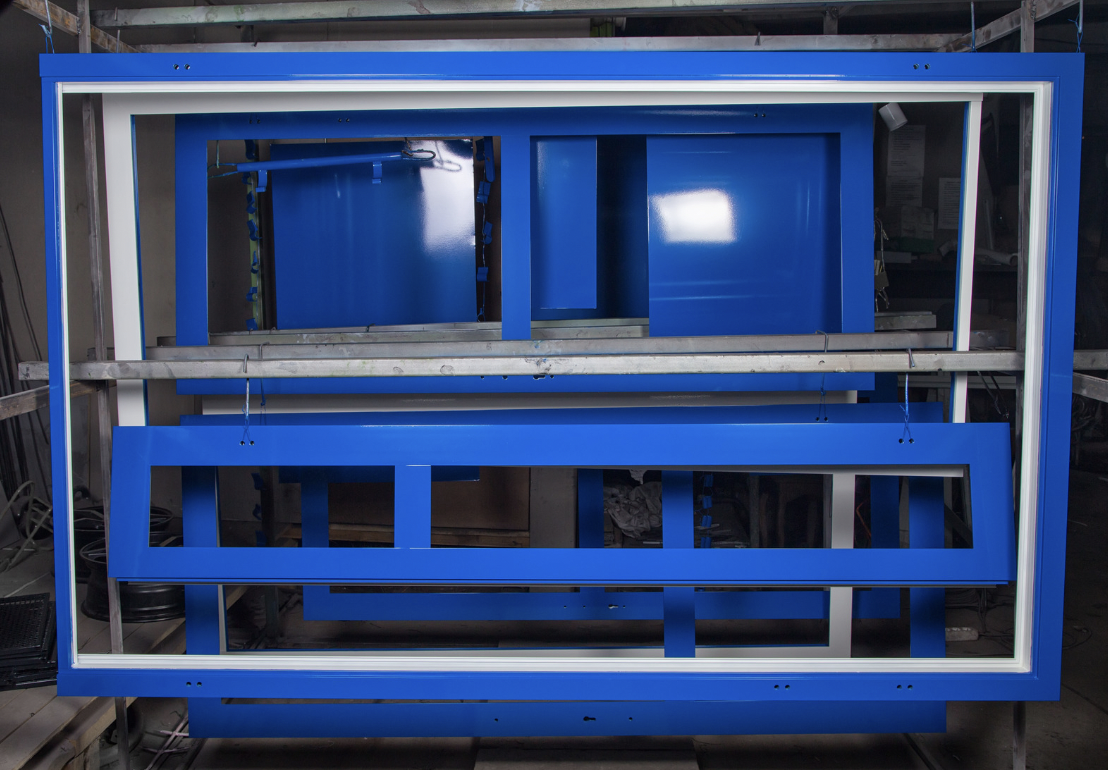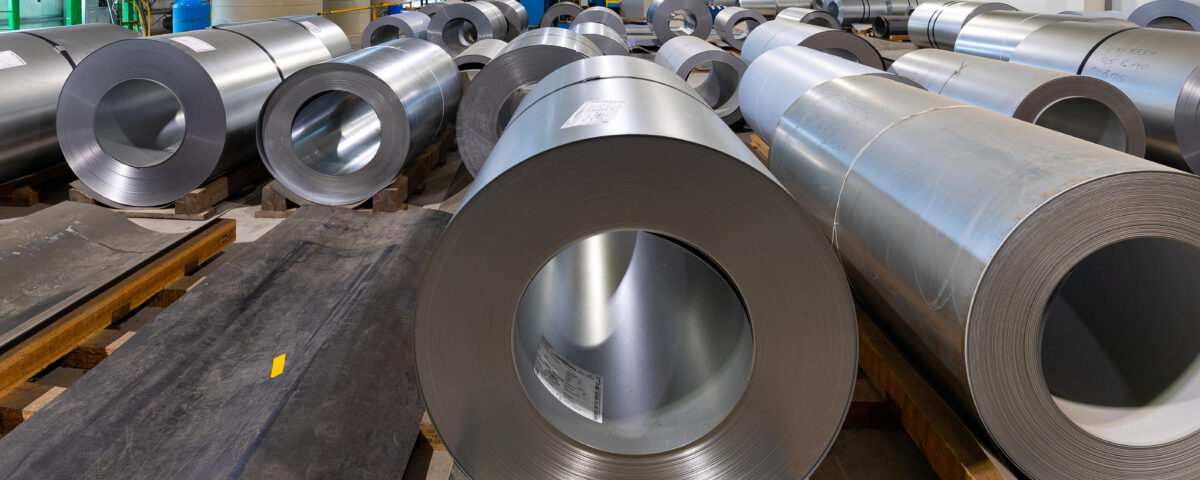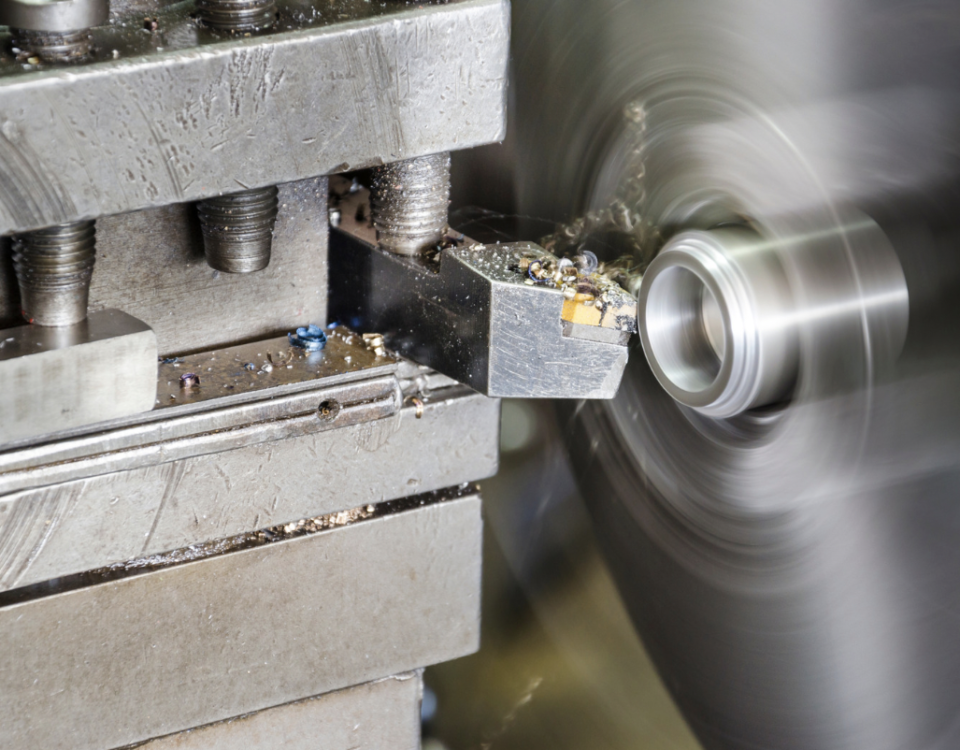
The Top 5 Reasons to Choose AMS for Custom Metal Fabrication
December 1, 2022
3 Benefits of Using Powder Coating with Metal Fabrication
February 1, 2023Both aluminum and stainless steel have their own unique set of properties that make them ideal for different applications
Two of the most popular types of metal used in manufacturing are aluminum and stainless steel. Both have their own unique set of properties that make them ideal for different applications. Here are 10 key differences between aluminum and stainless steel to help you decide which is the right material for your next project.
Differences Between Aluminum and Stainless Steel
- Appearance – Aluminum has a softer, more matte finish while stainless steel is shiny and reflective.
- Oxidation – Aluminum is more prone to oxidation than stainless steel. This means that it’s more likely to form a white, powdery film on the surface over time.
- Corrosion Resistance – Stainless steel is much more corrosion-resistant than aluminum. Iron, chromium, nickel, manganese, and copper make up stainless steel. In order to offer corrosion resistance, chromium is added. Additionally, the non-porous nature of it increases its corrosion resistance. Aluminum’s passivation layer is primarily responsible for its great oxidation and corrosion resistance. Extremely acidic or basic situations can cause aluminum to corrode quickly and with disastrous effects.
- Strength – When compared to aluminum, stainless steel is stronger at both high and low temperatures. Aluminum is typically not as strong as steel, but it is also almost one-third of the weight. Aluminum is used to make aircraft primarily for this reason. Aluminum can become very soft at roughly 400 degrees, but stainless can be used at considerably higher temperatures.
- Conductivity – Aluminum is a better conductor of heat and electricity than stainless steel, which is why it is often used for car radiators and air conditioning units.
- Malleability – Aluminum is more malleable than stainless steel, which means it can be shaped and formed more easily.
- Cost – Aluminum is generally less expensive than stainless steel.
- Weight – Stainless steel is heavier than aluminum, which may be a factor to consider if weight is a concern for your project.
- Recyclability – Both aluminum and stainless steel are highly recyclable, but aluminum is more often recycled than stainless steel.
- Durability – Stainless steel is more durable than aluminum and will often last longer without showing signs of wear and tear.
Aluminum vs Stainless Steel: Which is Better?
The answer to this question depends on what you need the metal for. If you need a metal that is strong, durable, and resistant to corrosion, then stainless steel would be the better choice. If you need a metal that is lighter-weight, cheaper, and easier to work with, then aluminum would be the better choice.
Talk to an expert at AMS to decide which metal would be viable for your project.


